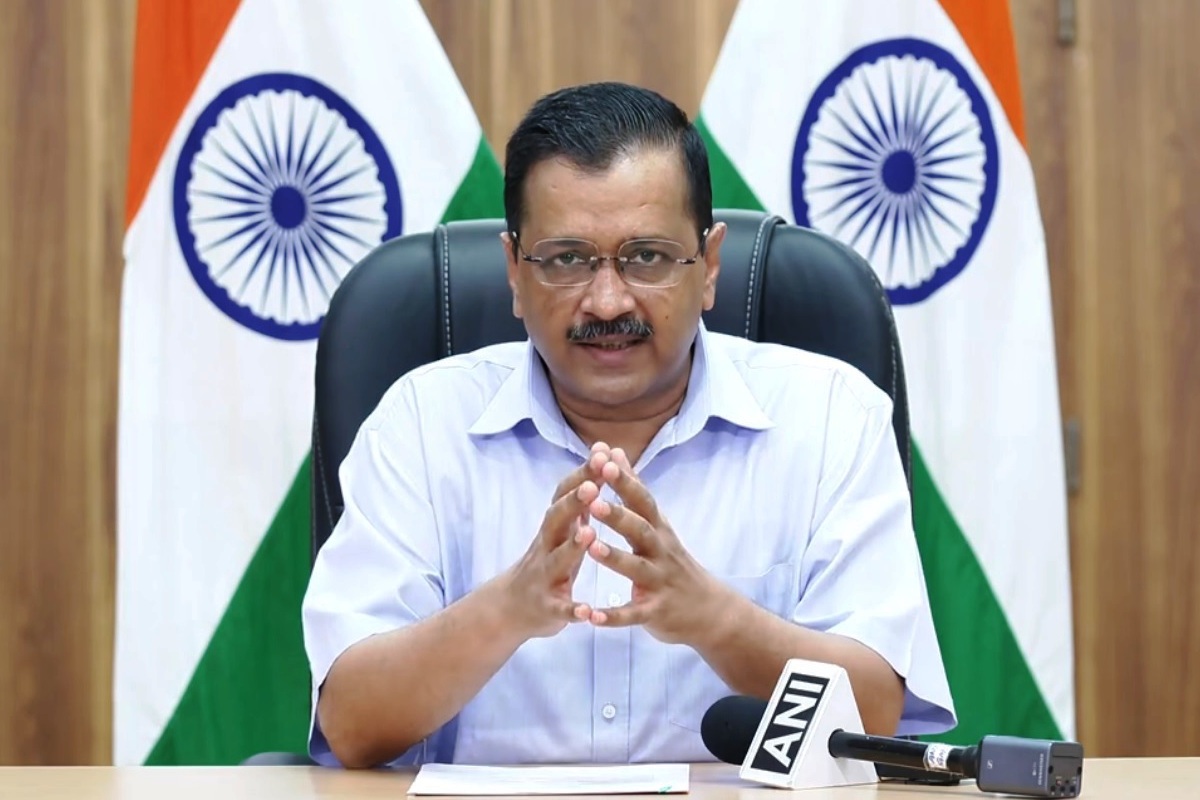Delhi Chief Minister Arvind Kejriwal on Monday expressed happiness over the success rate of a Pusa Institute-made bio-decomposer, citing a report by WAPCOS — a Union government undertaking — and urged other states to follow Delhi’s footsteps in reducing pollution caused due to stubble burning.
“WAPCOS went to 15 villages across four districts and interacted with 79 farmers. Based on that information, the Central government undertaking has said Delhi farmers are happy after using the decomposer and its results are encouraging,” Kejriwal said while addressing a virtual press meet on Monday.
Advertisement
“As per the report, 90 per cent of farmers said stubble in their farmland decomposed within 15-20 days and their fields were ready for the next season’s crop. Earlier, they had to plough their land six to seven times to grow wheat, however, after using the bio-decomposer, it took them only two-three ploughings.”
“Organic carbon in their fields increased by 40 per cent after the use of this new bio-decomposer as the crop residue became manure. The amount of nitrogen, too, increased by 24 per cent and good bacteria and fungus increased by 7 per cent and 3 per cent, respectively. Other than that the soil quality was so enhanced that the germination of the wheat crop increased by 17-20 per cent.”
“About 50 per cent of farmers accepted that the usage of DAP manure per acre reduced to 36-40 per cent from earlier 46 per cent, resulting in an 8 per cent increase in the production of the wheat crop,” the Delhi Chief Minister added quoting the report.
He said earlier fines were being imposed on farmers for stubble burning, but it was not their fault but the government’s responsibility to resolve the problem.
Kejriwal urged the Central government to encourage other states to follow Delhi’s model so that farmers in the neighbouring states can also take advantage of this facility.
With the onset of the winter season, as farmers in the neighbouring states of Punjab, Haryana and Uttar Pradesh prepare their fields for the (Kharif/rabi season) crops, they burn the crop residue which leads to ‘very bad’ air quality in the national capital. This gives rise to massive air pollution and causes respiratory health problems in its citizens.











